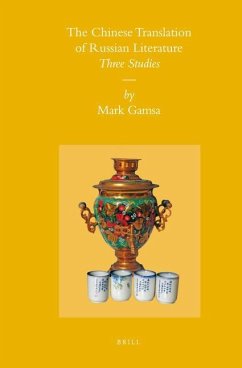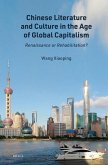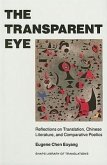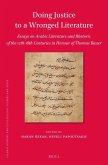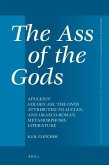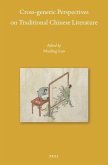The important place of Russian literature in China is widely acknowledged. To better understand the processes of its translation, transmission and interpretation during the first half of the 20th century, this book draws on an array of Chinese and Russian sources, providing insight into the interplay of political ideologies, cultural trends, commercial forces, and the self-definition of Chinese culture in the period under consideration. By focusing on the translation and translators of three writers, Boris Savinkov, Mikhail Artsybashev and Leonid Andreev, it analyzes the critical fortune in China of the modernist literature written in Russia during the two decades preceding the Great War and Revolution. Offering a thorough study of Lu Xun, the most important Chinese author of the 20th century, as a reader, translator and interpreter of Russian literature, this book also displays the variety of the groups and persons involved in the introduction of foreign literature, going beyond shopworn generalizations about a oeEasta and a oeWesta to make meaningful statements about a complex period in Chinese history.
Bitte wählen Sie Ihr Anliegen aus.
Rechnungen
Retourenschein anfordern
Bestellstatus
Storno

